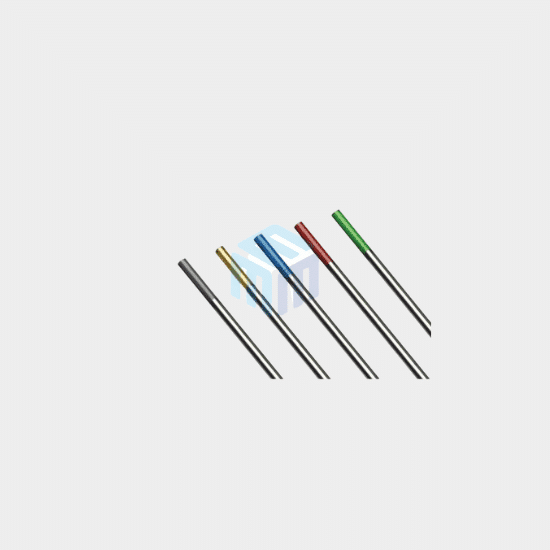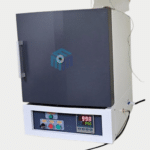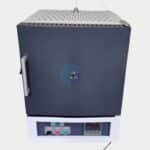Tungsten electrodes are a crucial component in welding and various electrical applications, valued for their strength and exceptional conductivity. Known for their high melting point and durability, they play a vital role in ensuring precision and efficiency in processes like TIG welding. However, like any material, tungsten electrodes come with both benefits and limitations. In this blog, we’ll take a closer look at the key advantages and disadvantages of tungsten electrodes to help you better understand their performance and suitability for your specific needs.
Tungsten electrodes are widely used in various applications, particularly in welding processes like Gas Tungsten Arc Welding (GTAW or TIG welding).
Here are the key advantages and disadvantages of tungsten electrodes:
Advantages of Tungsten Electrodes
Tungsten electrodes offer excellent durability and high melting points, making them ideal for intense welding applications. They provide stable arcs and superior electrical conductivity for precise, consistent performance. Here are the advantages of tungsten electrodes:
- High Melting Point:
- Advantage: Tungsten Electrodes has an exceptionally high melting point (3422°C or 6192°F).
- Benefit: This makes tungsten electrodes ideal for welding applications as they can withstand high temperatures without melting.
- Excellent Electrical Conductivity:
- Advantage: Tungsten exhibits good electrical conductivity.
- Benefit: Provides stable and consistent arc performance, essential for high-quality welding.
- High Arc Stability:
- Advantage: Tungsten electrodes offer stable arc characteristics.
- Benefit: Ensures precision and control in welding, leading to high-quality welds with minimal spatter.
- Durability and Wear Resistance:
- Advantage: Tungsten is very hard and resistant to wear.
- Benefit: Tungsten electrodes have a long lifespan, reducing the frequency of electrode replacement.
- Minimal Contamination:
- Advantage: Tungsten electrodes produce minimal contamination during welding.
- Benefit: Results in cleaner welds, which is particularly important in applications requiring high purity, such as aerospace and nuclear industries.
- Versatility:
- Advantage: Tungsten electrodes can be used for welding a variety of metals, including steel, stainless steel, and non-ferrous metals.
- Benefit: Provides flexibility in different welding applications.
Disadvantages of Tungsten Electrodes
Tungsten electrodes can be brittle and prone to cracking if not handled properly. They are also relatively expensive and require careful preparation and maintenance to ensure optimal performance. Here are the disadvantage of tungsten electrodes:
- Brittleness: Tungsten is relatively brittle compared to other metals, making the electrodes prone to cracking or breaking if mishandled.
- Health Hazards: Thoriated tungsten electrodes (which contain thorium) can pose health risks due to radioactive exposure. Special handling and disposal are required to mitigate these risks.
- Cost: Tungsten electrodes can be more expensive than other types of electrodes due to the material costs and manufacturing processes.
- Special Equipment Needed: Using tungsten electrodes, especially in TIG welding, requires specialized welding equipment and expertise, which might increase the initial setup cost.
- Contamination Sensitivity: While tungsten itself is resistant to contamination, the welding process can be sensitive to contaminants on the electrode surface, necessitating careful cleaning and preparation.
- Limited Alloy Compatibility: Tungsten electrodes may not be suitable for welding certain alloys or metals that require specific electrode materials for optimal results.
By weighing these advantages and disadvantages, you can determine if tungsten electrodes are the right choice for your specific welding needs and applications.
Conclusion:
Tungsten electrodes bring significant advantages like high durability, excellent conductivity, and stable arc performance, making them indispensable in precision welding and electrical applications. However, their brittleness, higher cost, and maintenance needs are important factors to consider when selecting the right electrode for your tasks. By understanding both the strengths and limitations of tungsten electrodes, you can make informed decisions to achieve optimal results and extend the life of your equipment.
M-Kube Enterprise is an Australian company catering customized laboratory products, laboratory consumables, and laboratory solutions in Australia, India, the USA, New Zealand, Singapore, Malaysia, South Korea, Dubai, the Philippines, Indonesia, and Vietnam.






